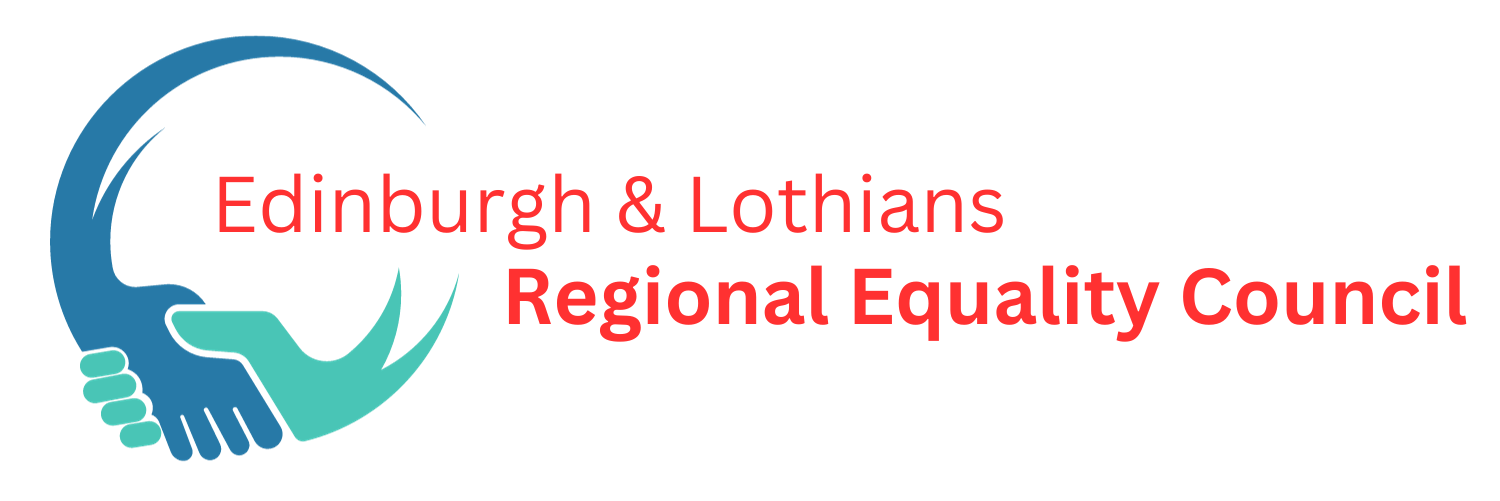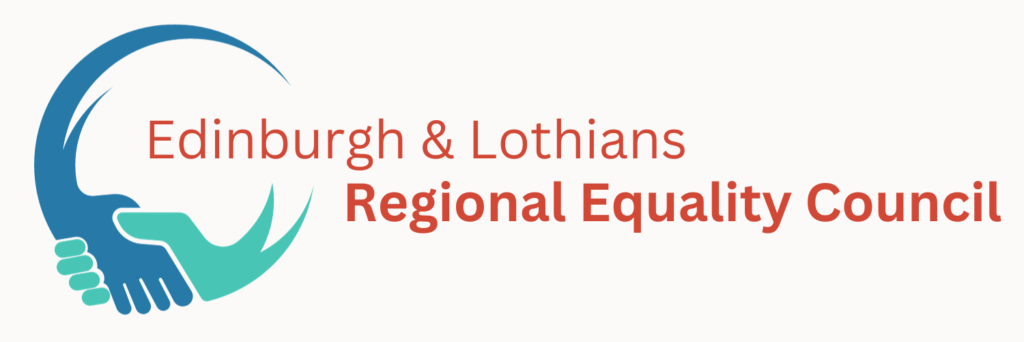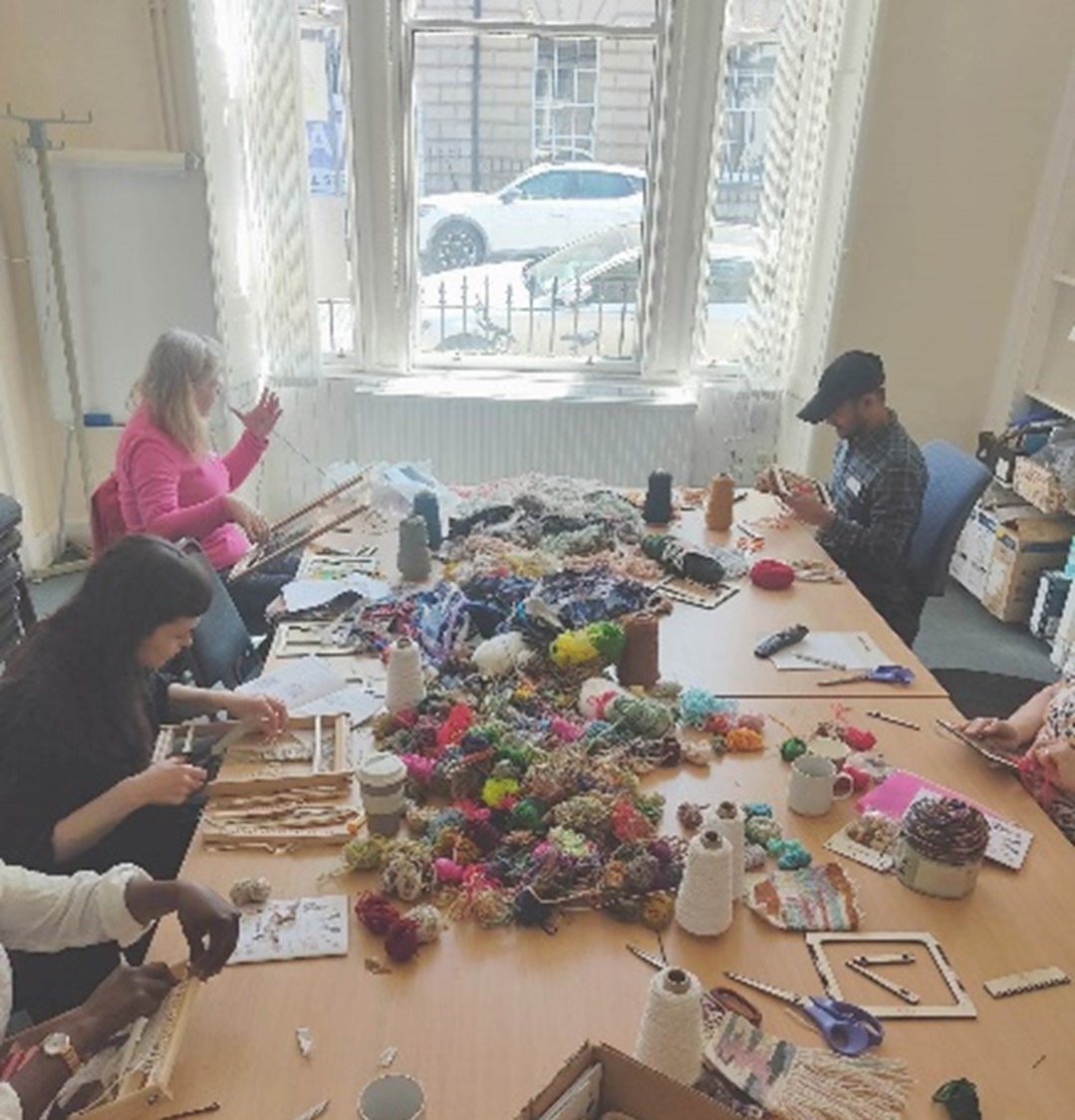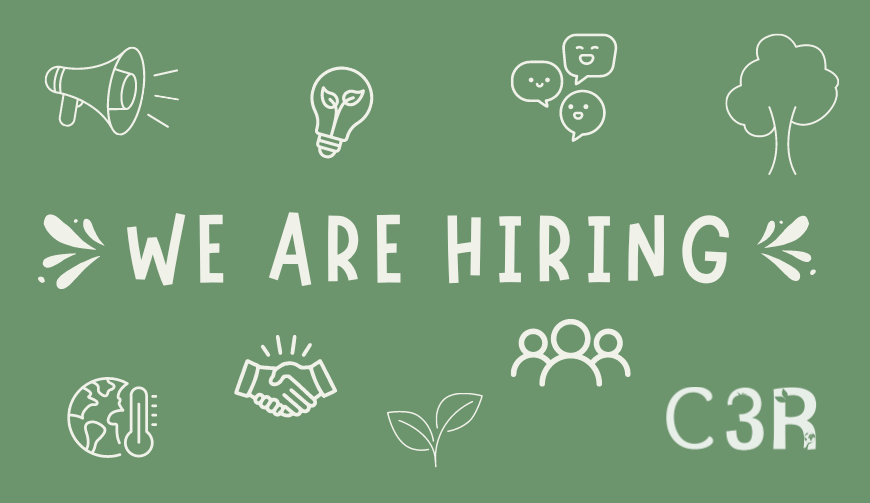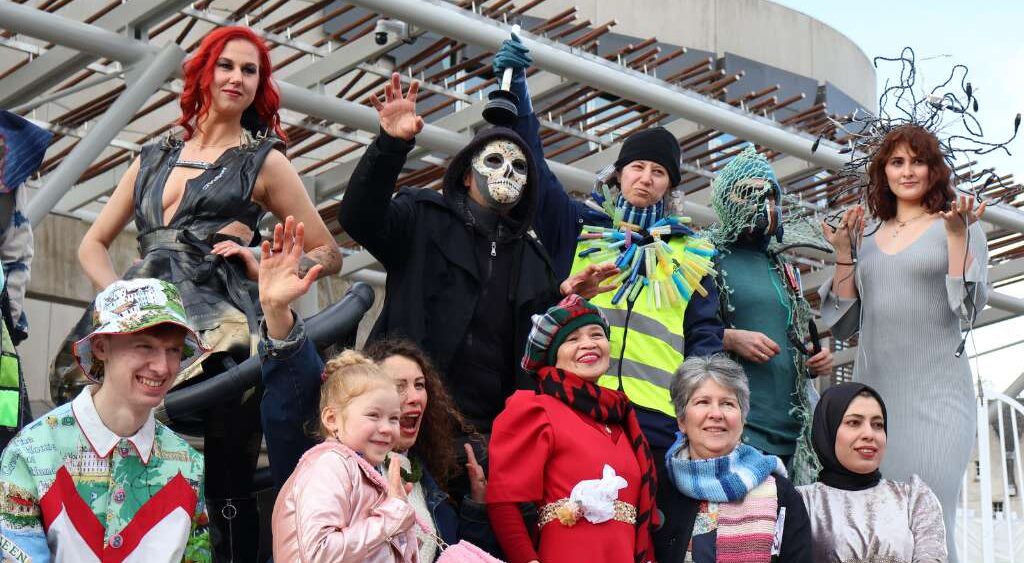Unfortunately, Islamophobia overshadows many areas of British life. The structural challenges facing Muslims are well established. For example: o Employment: – A job seeker with an English-sounding name was offered three times the number of interviews than an applicant with a Muslim name. One in five Muslim adults in full-time work, compared with 35% of the overall population, with Muslim men and women being held back in the workplace by widespread Islamophobia, racism and discrimination – Applicants from minority ethnic backgrounds had to send 80% more applications to get a positive response from an employer than a white person of British origin. The researchers said the high levels of discrimination from countries with a sizeable Muslim population echoed “strong anti-Muslim attitudes recorded in recent surveys”. Muslim men were up to 76% less likely to have a job of any kind compared to white, male British Christians of the same age and with the same qualifications; Muslim women were up to 65% less likely to be employed than white Christian counterparts. The impact of structural inequalities as stated by Lynn Dobbs of the Guardian, “Coronavirus might not discriminate, but our society does. Whether it’s the fact that the workers propping up our lockdown lives tend to be poorer, or the higher numbers of black, Asian and minority ethnic people dying from coronavirus, this crisis is shedding light on the fault lines in our society.” Understanding why certain communities are disproportionately affected by COVID-19 requires an examination of the underlying structural inequalities. The reality is that Muslim and ethnic minority communities face a variety of socio-economic challenges that make them more susceptible to catching the virus and more likely to face barriers to their physical recovery, as well as meaning that they will likely feel the lasting economic impacts more acutely. Studies indicate that ethnic minority communities face disproportionate barriers in accessing adequate and effective healthcare as a result of significant inequalities. There are a variety of underlying forces that contribute to these inequalities, ranging from a lack of diversity in senior levels of the NHS and language barriers to a loss of confidence due to negative experiences. These issues are not limited to the NHS but are often found across public services. As the NHS itself has noted, “Experience of discrimination from both public services and society can cause some people to avoid actively seeking help, especially if this is coupled with a lack of a personal support network.(Information obtained from:https://www.mend.org.uk/…/MEND_Manifesto_Scotland_2021.pdf)#islamopobiaawarenessmonth#saynotoracism#elrec#edinburgh#islamophobiainscotland
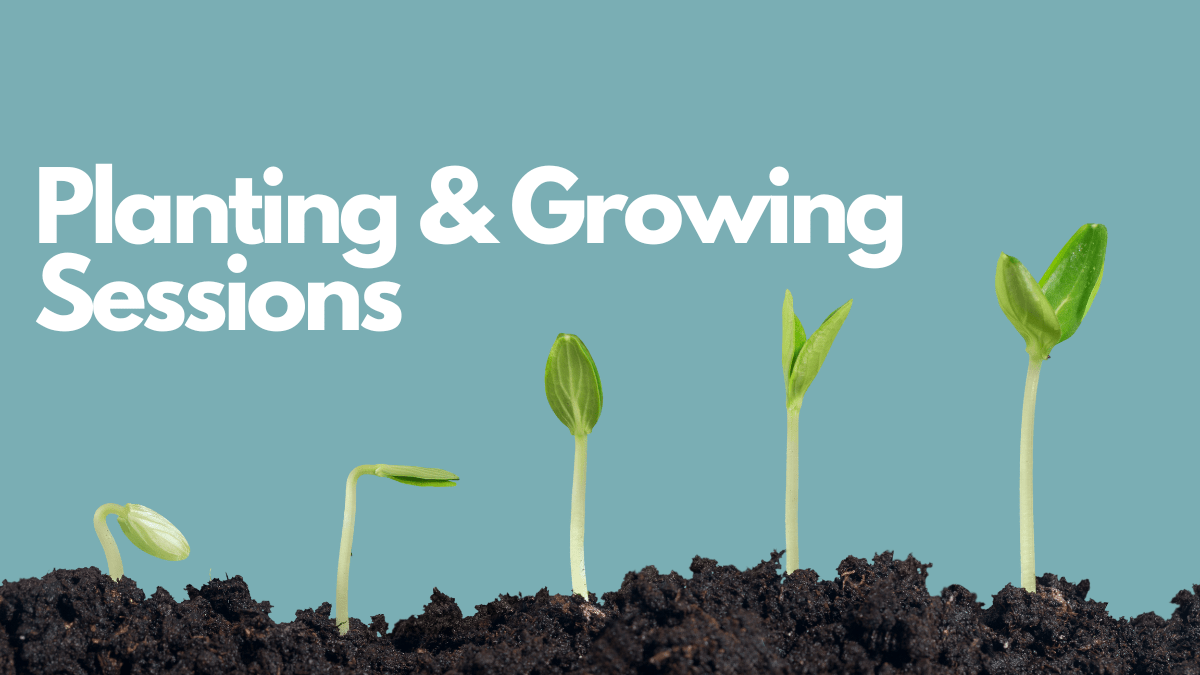
Planting & Growing Sessions
Panting & Growing Sessions at the Edinburgh Royal Botanic Gardens Interested in learning more about planting & growing? Join our free, educational sessions. They will
